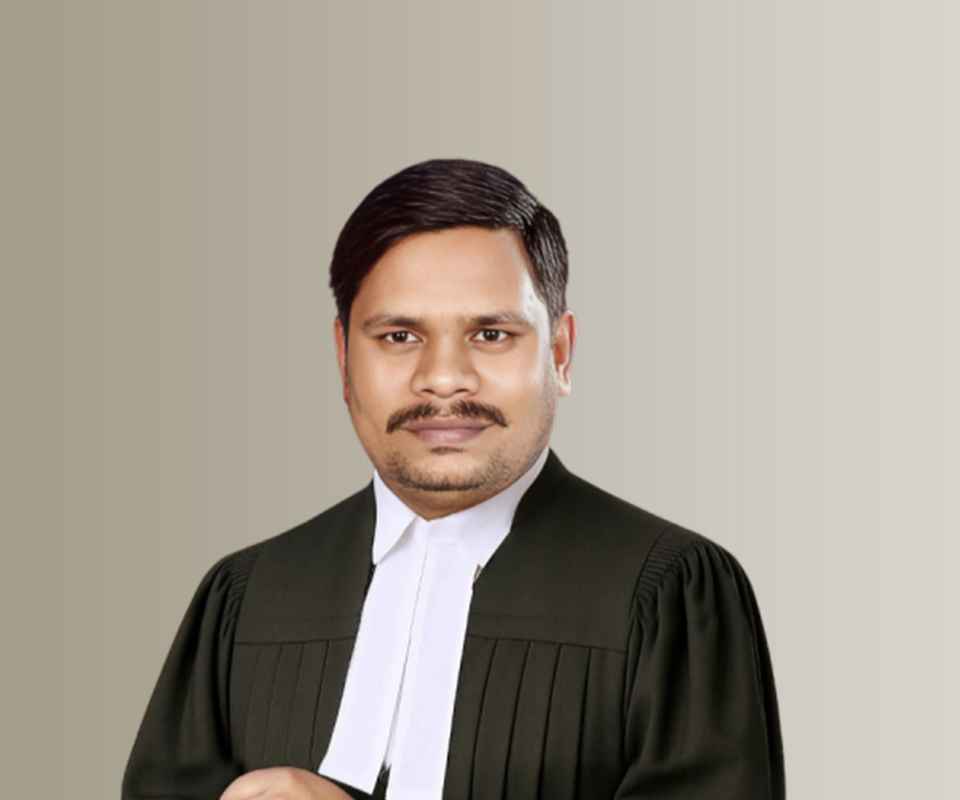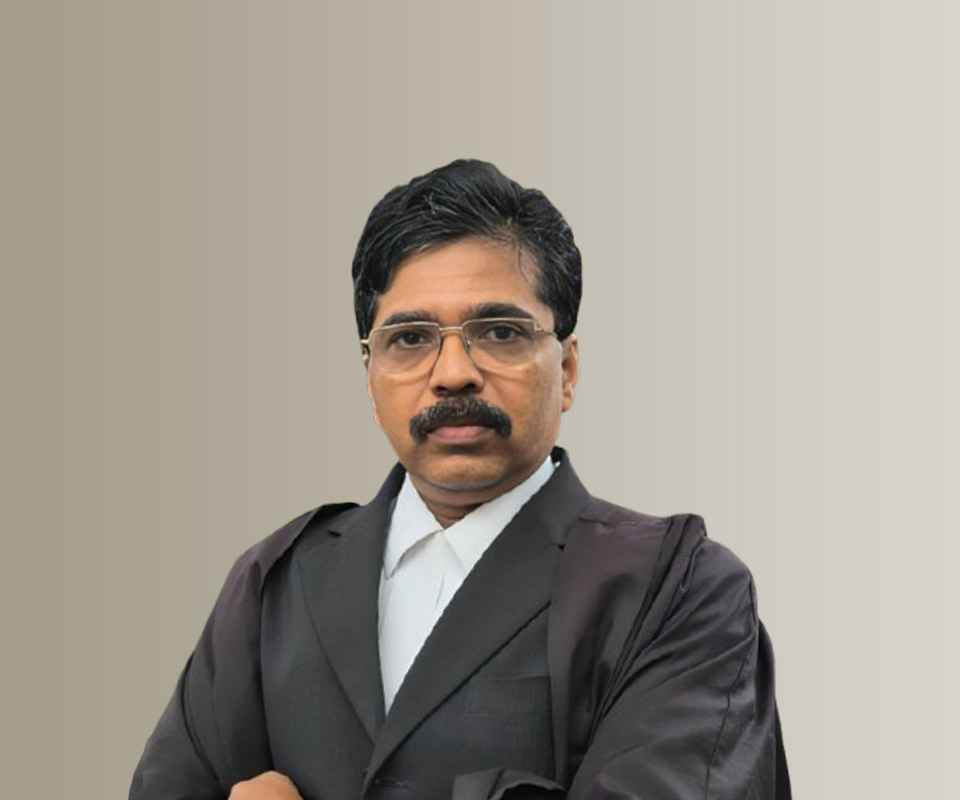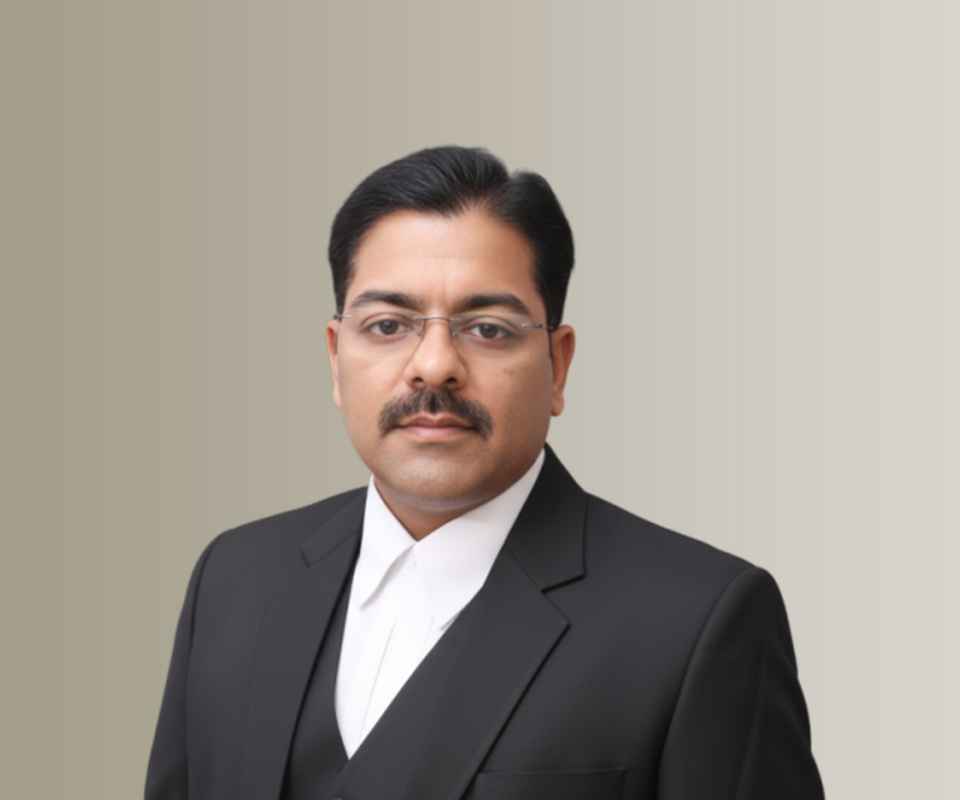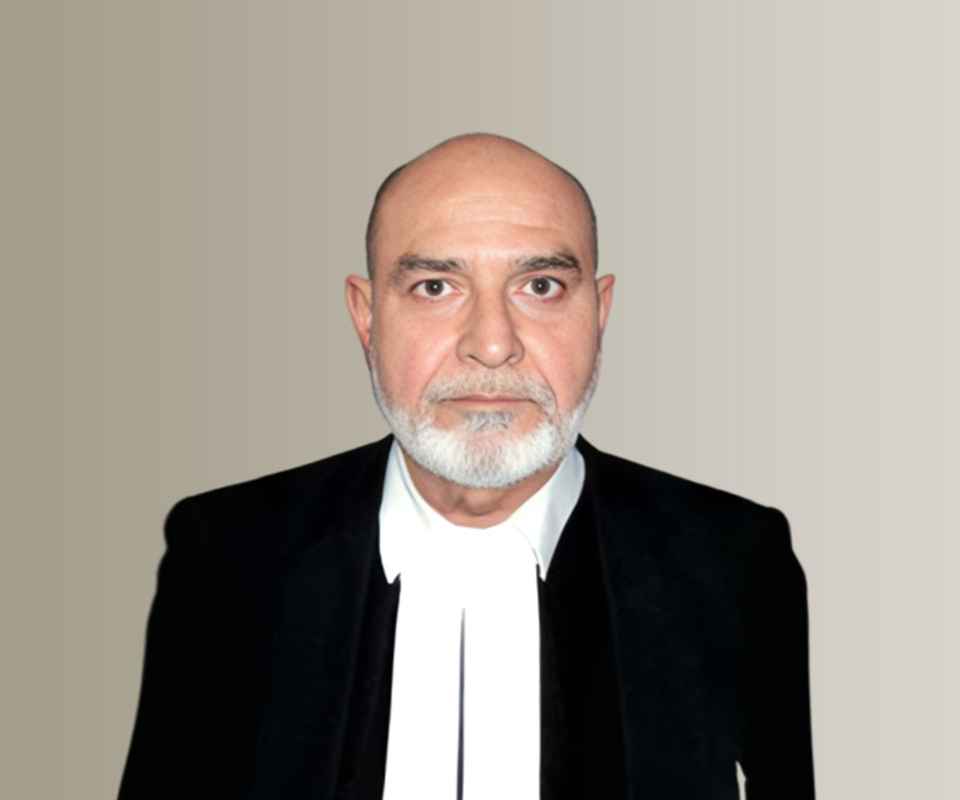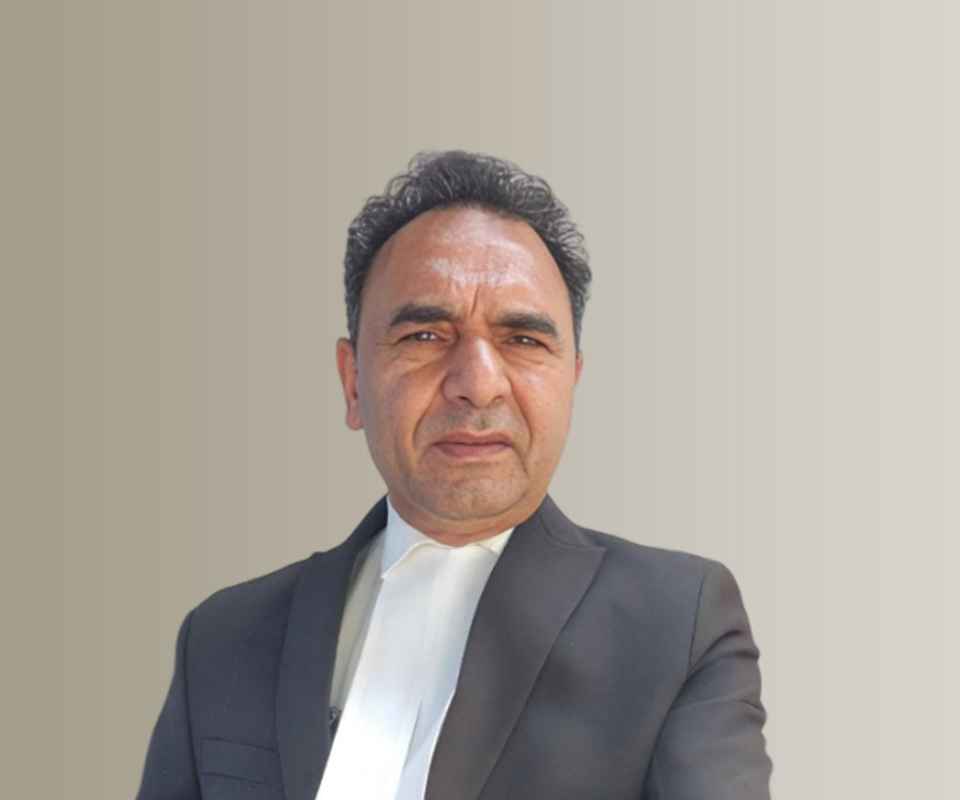Answer By law4u team
When multiple wills exist for the same property, it creates a complex legal situation, especially when the wills conflict in terms of the distribution of the estate. The Indian Succession Act and the judicial system provide a framework to resolve these conflicts and determine the valid will.
1. Determining the Valid Will
When multiple wills are found, the court will first assess each will individually to determine which one is valid. The process involves the probate court where the executor or any interested party files a petition to prove the validity of a will.
2. Factors Considered by the Court
Execution and Validity:
The court will review the execution process of each will. For a will to be valid under the Indian Succession Act, it must be executed by the testator (the person making the will) in the presence of two witnesses who must also sign the document.
Revocation of Previous Wills:
If there are multiple wills, the court will examine whether one will revokes a previous will. This revocation could either be explicitly mentioned in the subsequent will, or the later will could contain a statement of intention to replace or cancel the earlier will.
Last Will Prevails:
Generally, the last valid will is considered the binding document, provided it is executed correctly and the earlier wills are revoked by the testator's clear intentions. If two wills exist and both are valid, the one made later in time will usually take precedence.
3. Probate Process and Court Proceedings
Probate Petition:
A person who claims to be a legal heir or the executor of the will files a probate petition in the court. This petition requests the court to authenticate the will and issue probate (official permission to execute the will's provisions).
Witness Testimony:
If there are multiple wills, witnesses to the will can be called to testify about the execution and intentions of the testator. This helps the court ascertain which will truly reflects the testator's wishes.
Court’s Role in Resolving Disputes:
The court evaluates the wills and the surrounding circumstances. It may call upon experts or forensic handwriting analysts if there is any doubt regarding the authenticity of a will.
4. Procedure to Handle Multiple Wills
Step 1: Petition for Probate
The person claiming rights under the will files a petition in the probate court for each will found.
Step 2: Verification of the Will
The court will verify whether each will was executed in accordance with the law, i.e., whether it was signed by the testator and witnessed by at least two individuals.
Step 3: Determining the Last Will
The court examines the contents of all wills and determines the last will executed by the testator. If the last will revokes prior ones, then that will is generally considered valid.
Step 4: Resolving Conflicts
If two wills appear to be equally valid and there is a conflict between them, the court may decide based on the facts and circumstances surrounding the creation of each will. The court may also examine if the will reflects the testator’s true intentions.
Step 5: Intestate Succession
If no valid will can be proven or if all the wills are declared invalid or contradictory, the estate will be distributed according to intestate succession laws under the Indian Succession Act or the applicable personal laws (for Hindus, the Hindu Succession Act, 1956).
5. Testamentary Disputes and Litigation
In the case of conflicting wills, litigation can occur, and disputes may arise between heirs, executors, or beneficiaries. Such disputes are common when one heir is dissatisfied with the provisions of a will, or if there are allegations of fraud or undue influence in the creation of the will.
The court can also be approached if one party suspects that a will is forged or that the testator lacked mental capacity when making the will.
6. Example
- Example 1: Mr. X made two wills – one in 2015, which left his property to his son, and another in 2020, which bequeathed the same property to his daughter. If both wills are found, the court will first examine the circumstances under which both were made. If the 2020 will clearly revokes the 2015 will, then the daughter will inherit the property as per the latest will.
- Example 2: Mrs. Y made three wills during her lifetime. The 1st will was in 2010, the 2nd will in 2015, and the 3rd will in 2020. Upon her death, all three wills were found. The court examines the 2020 will, as it is the latest and was signed by the testator and witnessed properly. If the court confirms the 2020 will is valid, it will prevail over the others.
7. Court Ruling on Conflicting Wills
If two conflicting wills are found, the court will rely on the last valid will and determine its authenticity through careful scrutiny. If it cannot determine which will was valid, or if there is sufficient reason to believe that neither will reflects the true wishes of the testator, the property may be distributed according to intestate succession laws.
8. Potential Consequences of Multiple Wills
The presence of multiple wills can lead to prolonged legal battles and complications in estate administration. It can also delay the distribution of assets and create confusion among heirs and beneficiaries. Legal heirs may contest the will or claim that the testator lacked capacity to make a will, further complicating the matter.
Conclusion:
Disputes arising from multiple wills regarding the same property are resolved through careful judicial examination of each will. The last valid will typically prevails, provided it was executed with the proper legal formalities. If the wills conflict or are incomplete, the court may resort to intestate succession laws. Legal heirs or interested parties can file for probate, and the court will adjudicate on the authenticity of the wills, often considering witness testimony and expert opinions to determine which will represents the true intentions of the deceased.
